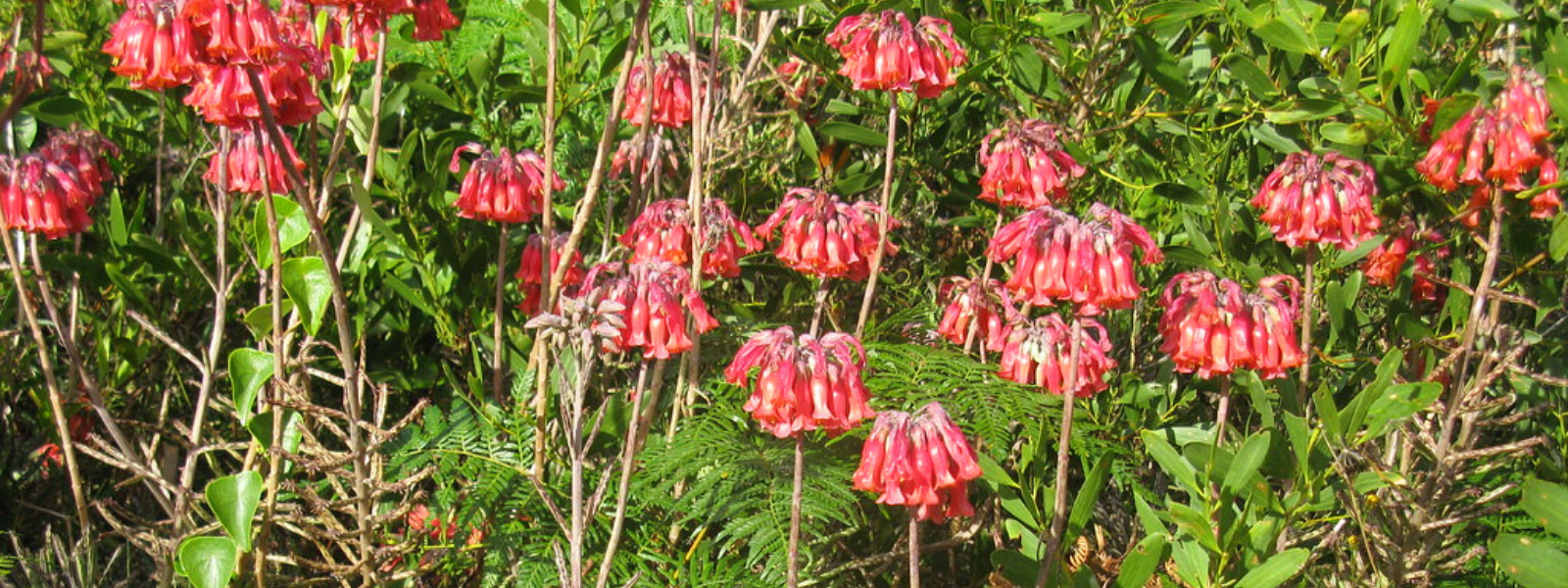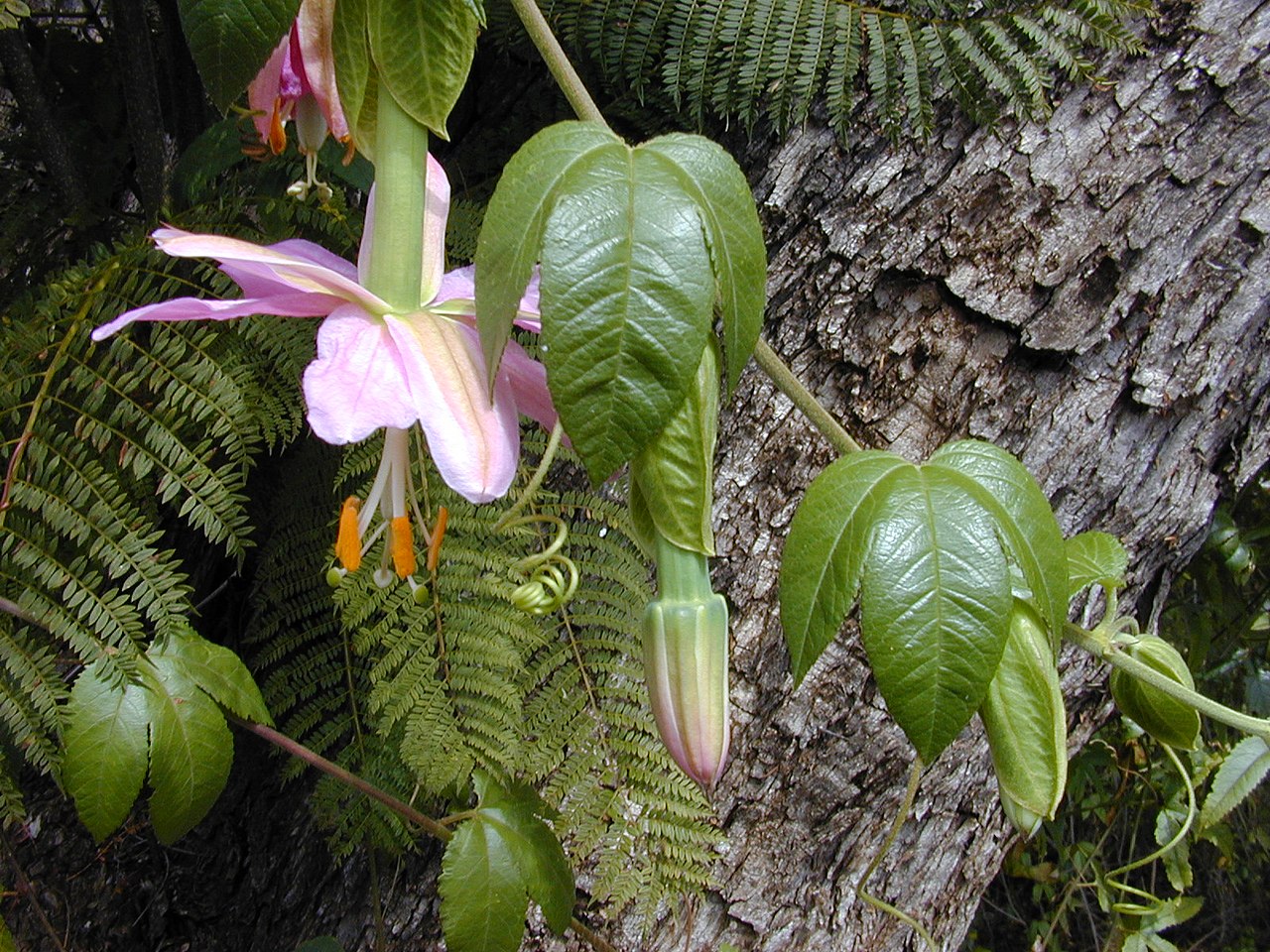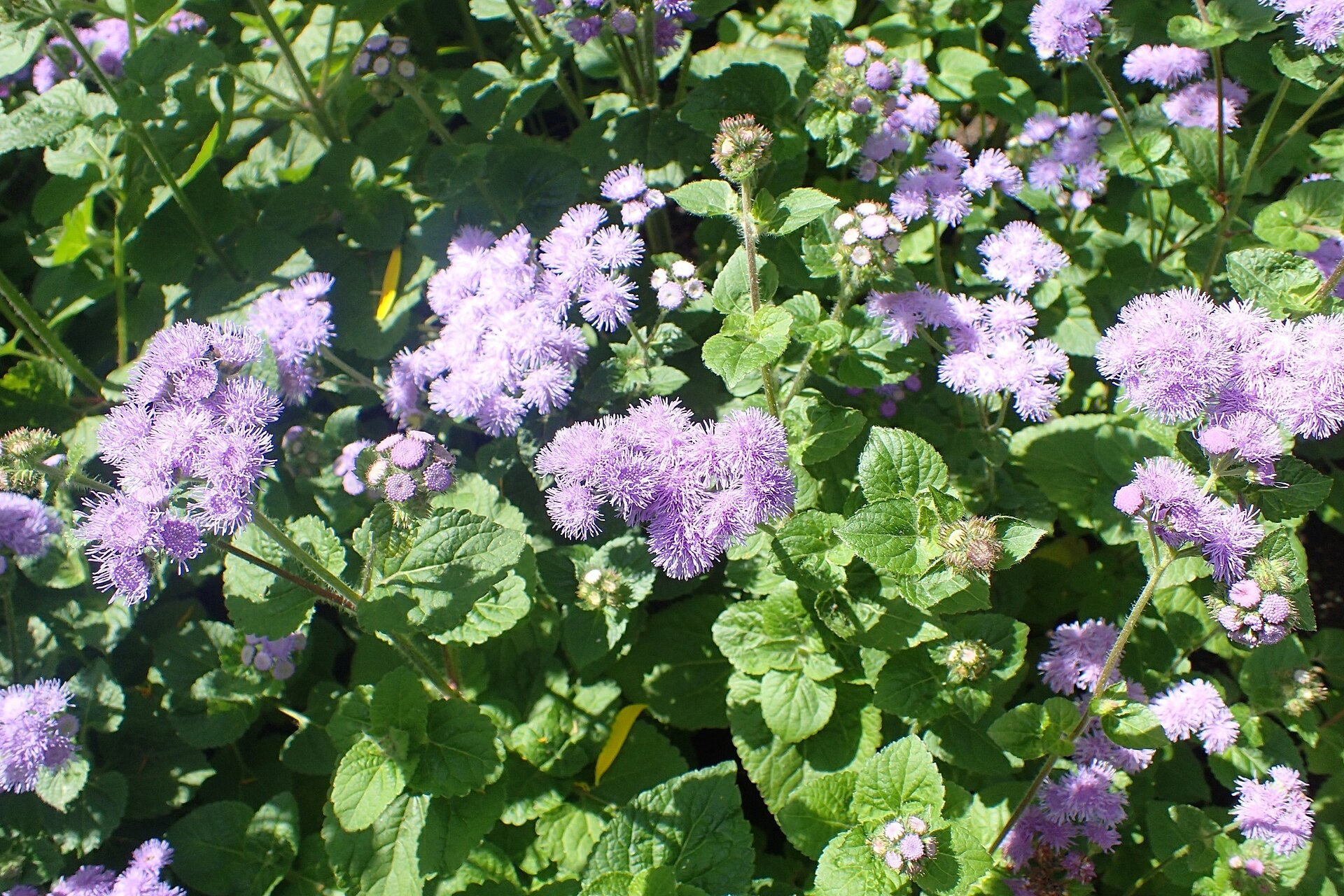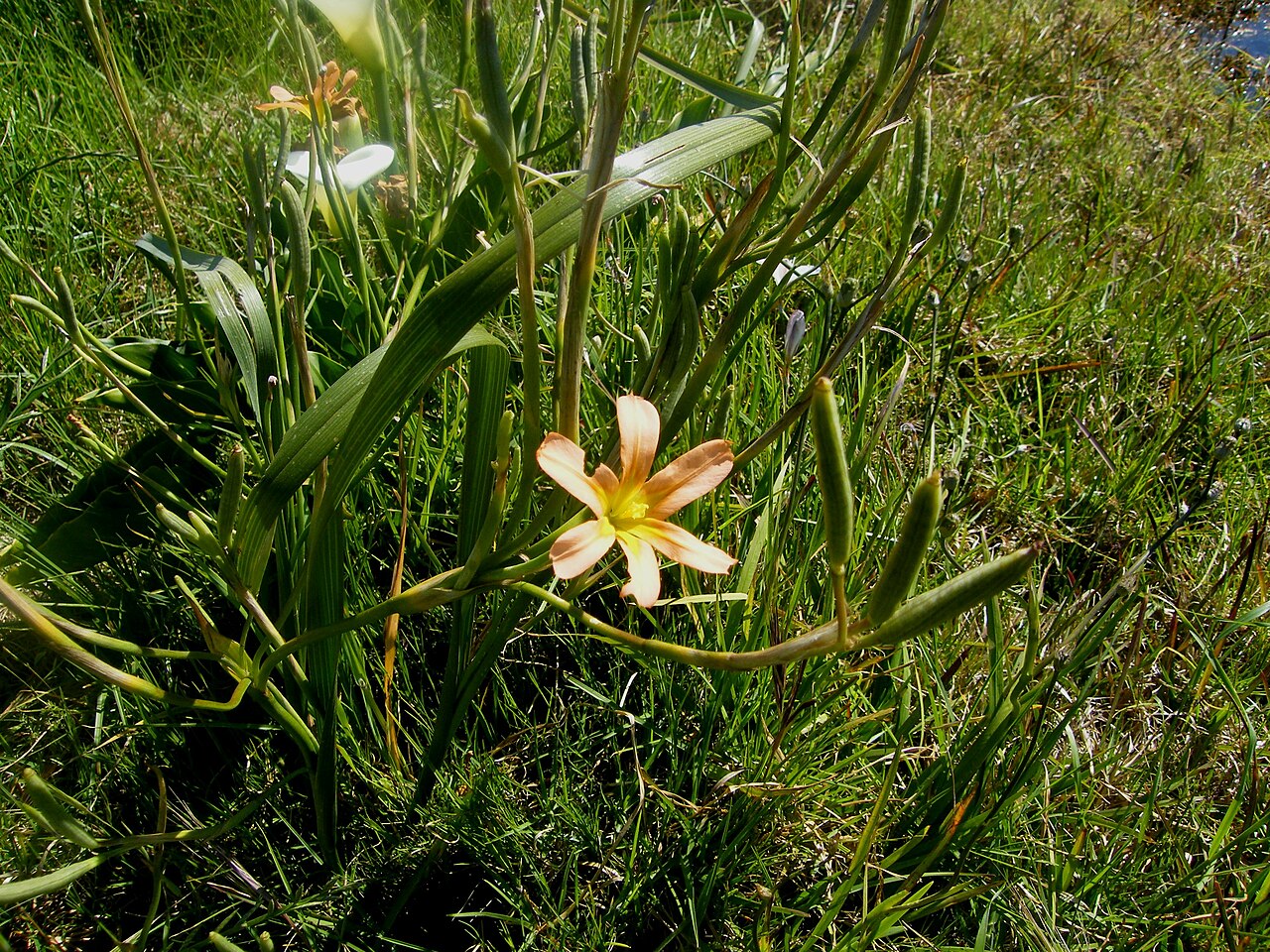
Common Name
Mother-Of-Millions, Mission bells, Christmas bells, Chandelier Plant, Devil's Backbone, or Mother-of-Thousands
Scientific Name
Bryophyllum delagoense
Family
Crassulaceae
Lifecycle
Perennial
Seasons of Growth
Year-round
Key Distinguishing Feature
Succulent plant with numerous small plantlets on its leaves
• Growth Form: Mother-of-Millions is a succulent plant with erect, branched stems. It can grow up to 1 meter (3 feet) tall.
• Leaves: The leaves are fleshy, green to greyish-green, and have serrated edges. They are arranged oppositely along the stems and often have small plantlets forming at their tips.
• Flowers: The flowers are small and bell-shaped, typically reddish-orange to orange-yellow in colour. They are borne in clusters at the tips of the stems.
• Plantlets: One of the distinctive features of Mother-of-Millions is its ability to produce tiny plantlets at the tips of its leaves. These plantlets can easily fall off and take root when they come into contact with soil.
• Habitat: Mother-of-Millions is commonly found in a variety of habitats, including gardens, roadsides, and disturbed areas. It is native to Madagascar but has naturalized in other regions, including parts of Australia.
Ecological Impact:
• Mother-of-Millions is considered invasive in some regions where it has naturalized. Its rapid growth and ability to produce plantlets make it a prolific colonizer that can outcompete native vegetation.
Control Methods:
• Control of Mother-of-Millions often involves a combination of mechanical, chemical, and cultural methods.
• Mechanical methods include manual removal by uprooting or cutting the plants.
• Herbicides may be used for control, but care must be taken to use them safely and effectively, following local regulations.
• Preventing the establishment of Mother-of-Millions through early detection and removal of new plants is important.
Mother-of-Millions is a succulent with invasive tendencies, and its management is essential to prevent its spread and protect native ecosystems. Local environmental agencies often provide guidance on the best control practices for this invasive species.
Key Products for Control:
-
Indigo Rapid Fire 800 - Glyphosate (present as acid and ammonium salt)
-
Indigo MetForce - Metsulfuron Methyl
-
Adama Fairway - Bromoxynil, Dicamba and MCPA




